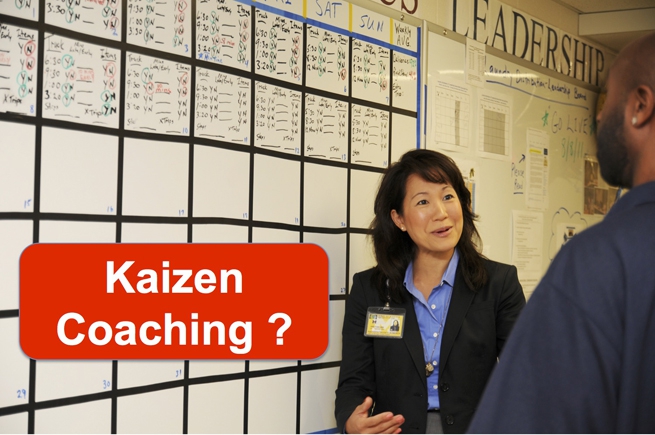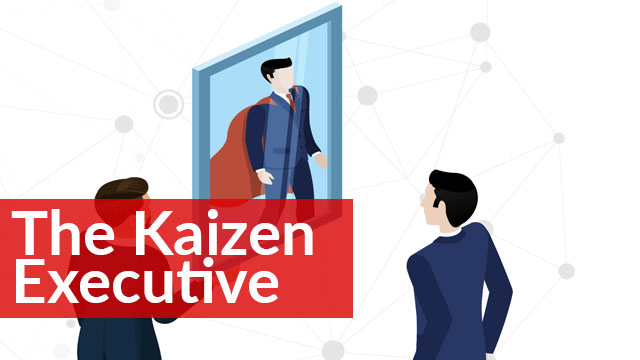In the world of Lean Manufacturing, we frequently hear about coaching.
Unfortunately, I have found that there is still a great deal of confusion about what coaching is and its activity entails. Often it is confused with consulting, mentoring, or training.
To explain what coaching is and why it is needed for implementation projects of Lean Manufacturing, it is necessary first to call back today's available and designated instruments to improve individual and collective performance.
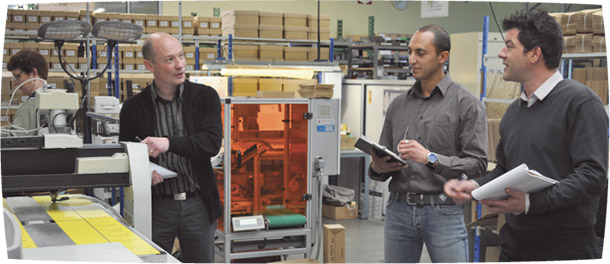
Consulting
The main goal of consulting is to advise on a specified field of abilities and to regard a specific problem.
The consultant elaborates on solutions, distinguishes through different alternatives, and carries out the most appropriate choices for the client's situation. The consultant brings new knowledge and discoveries to his client in a univocal direction.
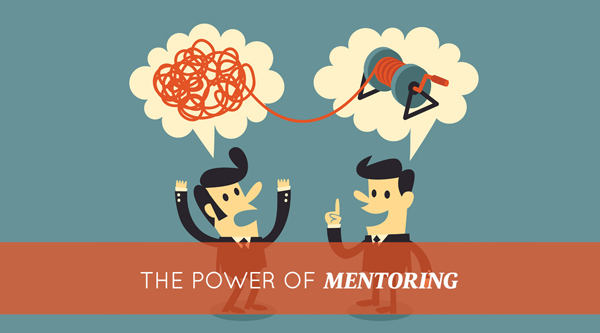 Mentoring
Mentoring
The activity of mentoring calls for an exclusive personal relationship between one person with specific skills, experiences, and knowledge and another person who needs to acquire similar expertise to that of the mentor.
The mentor's objective is to ensure his "protégé" acquires the skills and knowledge he still lacks. In mentoring, the transfer of knowledge and skills takes place through giving advice, sharing mutual experiences, and acting as a guide in a new context still unknown to the client. Even in this activity, new knowledge and skills go from the mentor to the "protégé" unidirectionally.
 Training
Training
Training activity concentrates on the development of new skills and knowledge. This activity is carried out through teaching methods, presentations, and ad hoc experiences, where one also learns through doing.
The role of the trainer is that of a person who is prepared to pass on the knowledge that the other person is lacking through teaching sequences, tests, and evaluations of learning degrees. Also, in this case, new knowledge and skills are passed on unidirectionally from the trainer to the trainee.
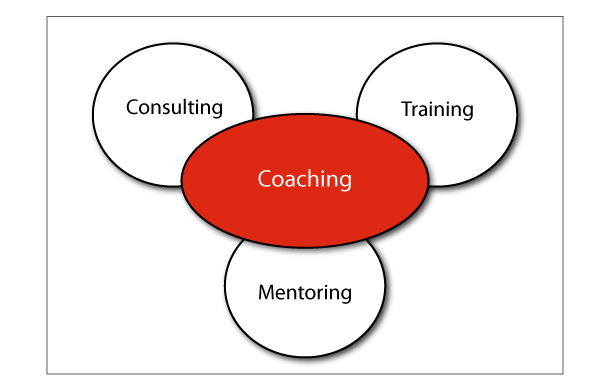 Coaching:
Coaching:
In the descriptions regarding the instruments of consulting, mentoring, counseling, and training, you will have noticed how the direction of the transfer of knowledge and skills always moves in a unidirectional way from the expert to the trainee.
In the activity of coaching, the relationship is inverted.
The Coach is not the absolute expert on a subject, but he ensures the client's awareness of the existing gaps between what he is and what he wants to become through his questions and the coaching process.
The base premise from which the coach carries out his activity is that the knowledge and the skills are already found in the client, but he needs the help of a coach to pull them out and fulfill them.
The "true" coach doesn't give advice, does not train, does not present himself as an absolute expert to which one must kneel before... but he brings forth the AWARENESS of what must change or be done to IMPROVE.
Then, once he has identified the gap and the objectives to be achieved, he accompanies the client in the journey of change, helping him find the solutions and motivating him in their implementation.
Suppose it is necessary and requested by the client during the coaching process. In that case, the coach can take on, when appropriate, the roles of mentor, trainer, and consultant on the condition he possesses the necessary skills.
Mario Mason
(Kaizen Coach)

